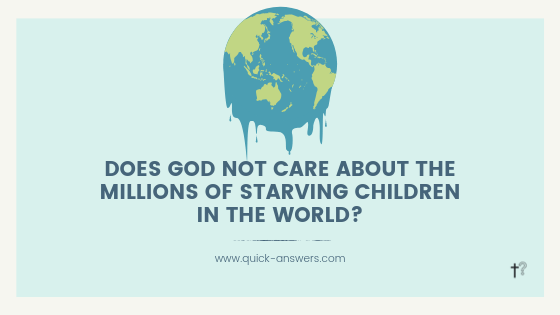Does God change His mind?
The Immutability of God is an attribute that “God is unchanging in his character, will, and covenant promises.”
In Exodus 3:14, God said, “I AM that I AM,” signifying His eternal sameness and His sovereignty. In addition, the Bible states that God is “From everlasting to everlasting” (Psalm 90:2); therefore, He cannot change His moral character, love, omniscience, omnipresence, omnipotence, etc.
God also clearly affirmed His nature when He said in Malachi:
Malachi 3:6 (NKJV)
For I am the Lord, I do not change;
It is key that we first understand the immutability of God before we tackle the question if/does “God change His mind.”
Numbers 23:19 (NKJV)
“God is not a man, that He should lie, Nor a son of man, that He should repent. Has He said, and will He not do?Or has He spoken, and will He not make it good?
The scripture above clearly states that God does not change His mind. However, there are few passages in scripture that people have used to show that God did change His mind or relented.
An example of this instance is found in Exodus 32, where Moses was up on the mountain for 40 days. When he comes down with the ten commandments, he finds out that the people built a golden calf and began worshipping it.
Consequently, there was a great trial and trouble to come to Israel, and God was going to wipe them out. But, Moses reminded God about His covenant promise with Abraham, Isaac, and Israel to make them a numerous nation and when Moses says this – the scripture records the following about God’s emotion;
Exodus 32:14 (NKJV)
So the Lord relented from the harm which He said He would do to His people.
Some translations use the words ‘changed His mind,’ or ‘comforted,’ which is also an appropriate word for interpreting the passage in context.
This implies that God was comforted in that He did not have to execute justice because somebody mediated, confessed, acknowledged the wrong, and appealed to the covenant faithfulness of God.
Think of it this way, when one changes their mind, it is because new information was presented to them or because a circumstance itself has changed, which now requires an alternate attitude or action.
So now, because we know God is all-knowing, He cannot learn something new that He did not already know.
So, when the Bible speaks of God changing His mind, it must be understood in the pretext that the circumstance or situation has changed and not God.
When the scripture passages (Exodus 32:14 and 1 Samuel 15:11-29) speak of God changing His mind, it simply describes a change of dispensation and outward dealings towards man.
God was still going to accomplish His ultimate purpose, but He did not have to do it through severe punishment. Of course, there were always consequences the people of Israel had to face, but there was no complete annihilation of the people at once.
The providence of God is unrelenting, but God’s permissive will (in how He gets to His providential outcome) could change. Not the providence of God but the permissive will of God in how He gets there.
That might sound confusing, but in simple words, God is going to do what He is going to do. The question is, how is He going to get it done. And God does not prefer to get things done through severe discipline, but He will do it if that is what is necessary.
Another essential element to remember is that the Bible is written from an observer’s perspective. In our view, it looked as though God was angry with the people of Israel, and when Moses prayed, it seemed to have changed God’s mind.
But in reality, God always knew that Moses would pray, and He always knew that He would relent based on what Moses had done.
The scene is written from an observer’s perspective, the same way we refer to the sun as rising and setting rather than saying the earth is rotating around the sun. We use observation language, and the Bible uses it too.
So God is not changing; we are changing, and God is always angry with sin and is always pleased with those trusting in Him.
And what essentially happens is that we move from one aspect of God: wrath when we are in sin and into grace when we trust in Him.
God is also not surprised by our choices, nor does He have to adapt to our mistakes or plans. He works all things after the counsel of His will.
God is going to do what He is going to do.
SEE SIMILAR QUESTIONS











